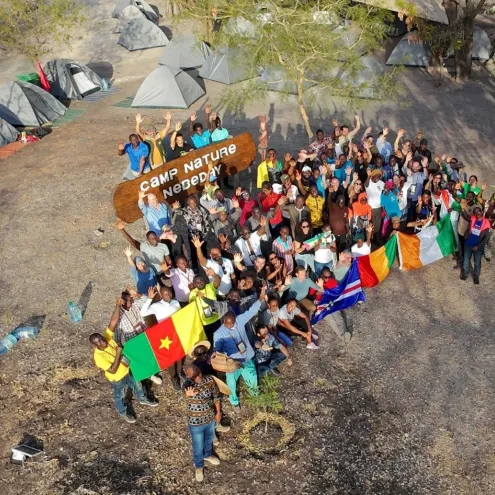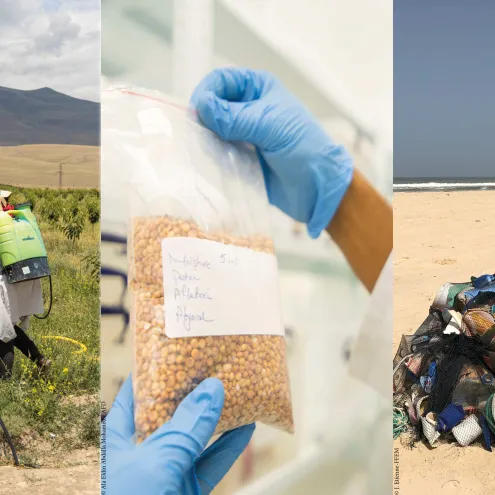Share the page
Call for projects

As part of its activities, the FFEM regularly launches calls for thematic projects. A call for proposals or call for projects refers to the mechanism by which the FFEM, either directly or through a programme manager, invites candidates with projects to submit proposals for projects with an impact that will be financed by the FFEM.
Through two specific financial tools, the FFEM encourages actors in the field to implement initiatives that combine environmental preservation and local development, particularly in Africa. A special procedure exists for these tools, involving calls for projects open for limited periods.
Information and eligibility criteria for upcoming calls for projects will be available on this page.
THE SMALL INITIATIVES PROGRAMME (PPI)
In response to the guidelines of the French biodiversity strategy and the wishes of civil society, the FFEM funds the Small Initiatives Programme (PPI). This programme promotes the structuring of new civil society actors in the South working to protect the environment and contributes to the implementation of their projects, in line with international environmental agreements. Since 2006, five FFEM contributions have supported more than 200 projects implemented by local organisations. The current PPIs, in partnership with the International Union for Conservation of Nature (IUCN) and its French committee, have enabled calls for projects on conservation or nature-based solutions to be launched for NGOs in West Africa, Central Africa and the Maghreb.
To find out more about the PPI
ONE HEALTH" APPROACH: NEW CALL FOR PROJECTS LAUNCHED
As part of its new strategy for the period 2023-2026, the FFEM is launching a call for projects on ‘Combating pollution factors that simultaneously impact the health of ecosystems, wildlife and local populations, within the framework of the “One Health” approach’. The call for projects seeks to promote field-based actions based on holistic approaches that ensure that the intrinsic links between the three types of health – human health, animal health and ecosystem health – are taken into account in the design of projects primarily addressing an environmental issue. The aim is to support the implementation of innovative pilot projects at the crossroads of development and environmental preservation in the countries listed by the OECD's Development Assistance Committee, in particular the least developed countries and low- and middle-income countries, with a view to capitalising on them and scaling them up in the future. The call for projects is open until 30 April 2024 at 6 p.m. Paris time.
Find out more about the "One Health" call for projects





